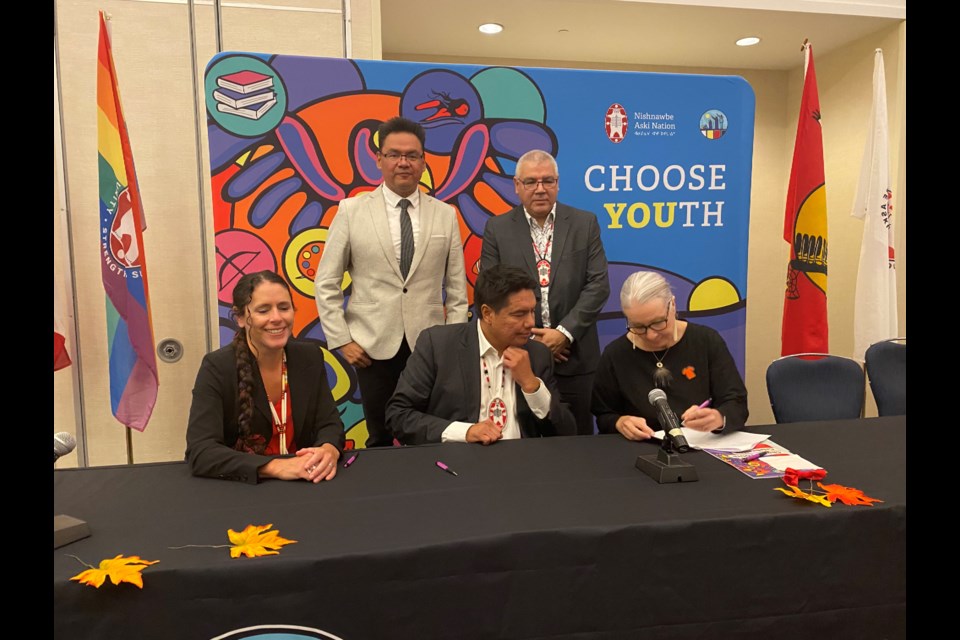OTTAWA — Nishnawbe Aski Nation says an important step has been taken with the federal government to ensure long-term support for a program that bridges gaps in mental health services for First Nations young people.
Choose Life provides immediate funding relief for youth at risk of suicide by fast-tracking proposals for group, child and youth mental health prevention programs and services.
Launched in 2017, it is a NAN-specific initiative funded by the government through Jordan's Principle that facilitates community-based supports promoting healing and wellness.
Jordan's Principle was designed to ensure jurisdictional squabbles over paying for services for First Nations children does not get in the way of those services being provided.
Since the inception of Choose Life, nearly $70 million has been approved for organizations and communities supporting more than 21,000 children and youth.
First Nations had expressed concern over the lack of an agreement to extend funding beyond 2022.
In Ottawa on Wednesday, NAN representatives said they signed the Terms of Reference for the negotiation of long-term funding for the program through a Choose Life Table.
As of May of this year, 33 Choose Life applications for the 2022-2023 fiscal year had been submitted by 17 First Nations and 13 Tribal councils and education organizations.
Choose Life activities will continue to be funded at current levels until long-term funding is laid out in a Final Settlement Agreement.
Signatories include NAN Grand Chief Derek Fox, Deputy Grand Chief Bobby Narcisse, Minister of Indigenous Services Patty Hajdu, and Associate Deputy Minister Valerie Gideon.
"I have been proud to witness how the lifesaving activities supported by Choose Life are helping our First Nations communities build resiliency and pride in our children, youth and families," said Narcisse.
"I am incredibly proud of the work that is being accomplished... through this program, and I thank everyone for encouraging our youth to choose life," he added in a statement released by NAN.
He said the feedback from communities about the success of the program has been extremely positive.
